Dicofen is a non-steroidal anti-inflammatory drug (NSAID) that contains Diclofenac as its active ingredient. It is widely used to relieve pain, reduce inflammation, and bring down swelling in conditions such as arthritis, musculoskeletal injuries, and post-operative pain. Diclofenac works by blocking the production of prostaglandins, natural substances responsible for pain and inflammation.
Ingredients
-
Diclofenac Sodium
Drug Class
Non-steroidal anti-inflammatory drug (NSAID)
Dosage Form
Tablet (also available in injection and gel forms depending on prescription)
Uses
Dicofen is commonly used for the treatment of:
-
Rheumatoid arthritis.
-
Osteoarthritis.
-
Ankylosing spondylitis.
-
Acute gout attacks.
-
Musculoskeletal pain and injuries.
-
Dental pain and post-operative pain.
-
Period pain (dysmenorrhea).
Dosage
-
To be taken only as prescribed by the doctor.
-
Generally recommended to take with meals or milk to minimize gastric irritation.
-
Do not exceed the prescribed daily limit.
In Case of Overdose
Overdose may lead to severe stomach pain, vomiting, dizziness, fainting, gastrointestinal bleeding, or kidney/liver complications. Immediate medical attention is required.
Missed Dose
Take as soon as remembered, unless it is almost time for the next dose. Do not double the dose to make up for the missed one.
How To Use
-
Swallow the tablet whole with a glass of water.
-
Take with food or after meals to avoid stomach upset.
-
Do not crush or chew the tablet.
When Not to Use
Dicofen should not be used if you:
-
Are allergic to diclofenac, aspirin, or other NSAIDs.
-
Have a history of stomach or intestinal ulcers/bleeding.
-
Have severe liver, kidney, or heart disease.
-
Are in the last trimester of pregnancy.
Side Effects
Possible side effects may include:
-
Stomach pain, indigestion, nausea.
-
Headache, dizziness.
-
Swelling in feet or ankles (edema).
-
Skin rashes or allergic reactions.
-
Rare but serious: gastric bleeding, liver dysfunction, kidney impairment, blood disorders.
Precautions & Warnings
-
Avoid alcohol during treatment as it increases gastric bleeding risk.
-
Use with caution in patients with hypertension, kidney impairment, or liver disease.
-
Long-term use requires regular monitoring of liver and kidney function.
-
Not recommended for pregnant or breastfeeding women unless clearly advised by a doctor.
-
Stop immediately and seek help if you develop blood in stool, severe abdominal pain, or allergic symptoms.
Drug Interactions
Dicofen may interact with:
-
Anticoagulants (warfarin, heparin).
-
Corticosteroids.
-
Diuretics and antihypertensives.
-
Methotrexate, lithium.
-
Other NSAIDs or aspirin.
Storage/Disposal
-
Store at room temperature, away from heat and moisture.
-
Keep out of reach of children.
-
Do not flush unused medicine into the drain; dispose through a pharmacist.
Control Drug
No
Quick Tips
-
Always take Diclofenac with meals to protect the stomach.
-
Use the lowest effective dose for the shortest duration.
-
Maintain hydration throughout therapy.
-
Inform your doctor if you are already on other medications.
Doctor’s Review Dr. Ayesha Malik – Consultant Orthopedic Specialist
“Dicofen (Diclofenac) helps manage arthritis, joint pain, and musculoskeletal inflammation. It is effective for short-term relief of stiffness and swelling but may cause stomach upset, so it should be taken with meals. Long-term use requires monitoring of liver and kidney function.”
Disclaimer
This information is provided for educational and product reference purposes only. It does not replace medical consultation or a doctor’s prescription. Always seek guidance from a qualified healthcare professional before starting or changing any medication.

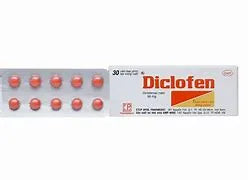
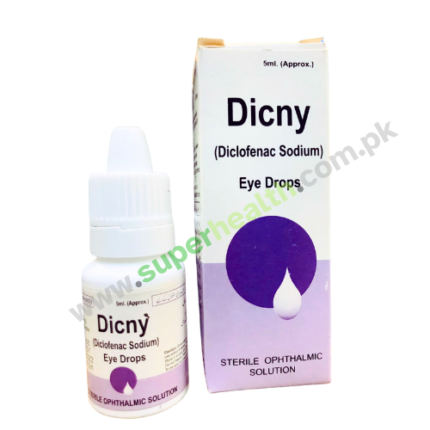
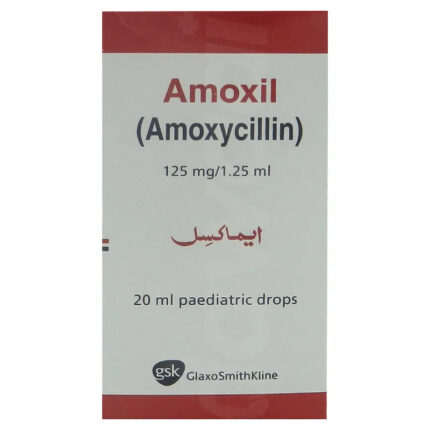
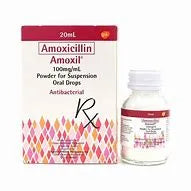
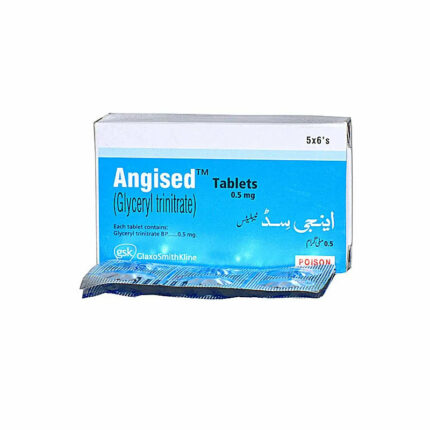
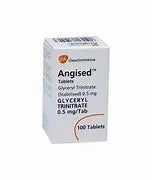
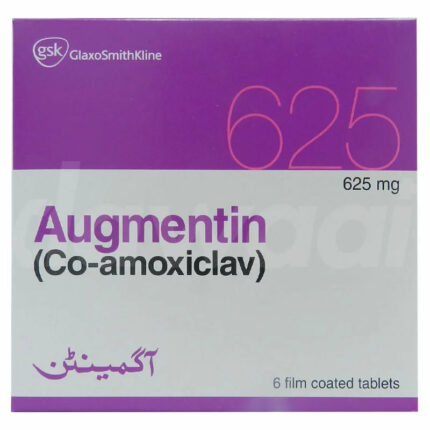
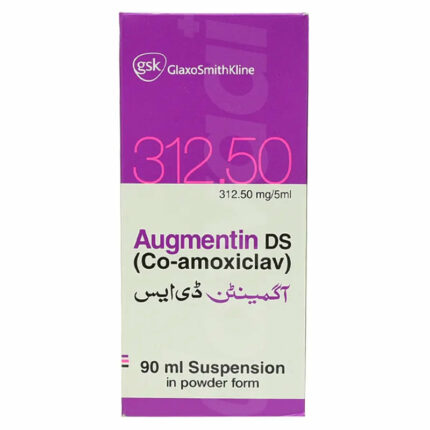
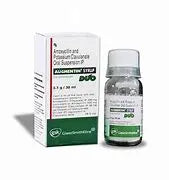
Reviews
There are no reviews yet.